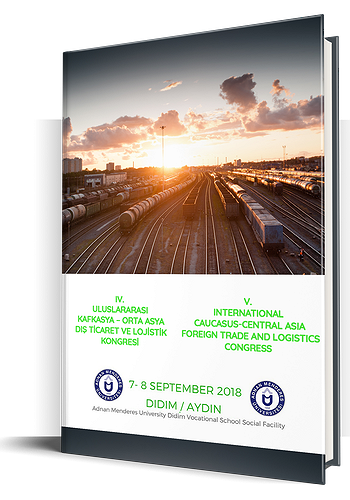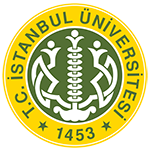
Ulaştırma ve Lojistik Kongreleri
- English
- Tam Metin
- 2018
The Effects on Foreign Trade & Income Distribution of Monetary Easing Programmes in the World
Abdullah Özdemir
Doç. Dr., Adnan Menderes Üniversitesi, Aydın, Türkiye
Hamit Özman
Öğr. Gör., Adnan Menderes Üniversitesi, Aydın, Türkiye
After the 1980s, the effect of neo-liberalization has severely destroyed international borders, leading to liberalization in foreign trade and financial markets. After the end of the understanding that the fiscal policies at the age of the gold standard were more dominant than the monetary policies, central banking and the policies they applied became more important in terms of both households and foreign trade especially after the 2008 global crisis. The 2008 global crisis has led Central Banks to take non-traditional and radical measures that have not been adequately tested in the previous period in order to reduce economic stagnation, rising unemployment and other macro imbalances in both developed and developing countries. Due to differences in the composition of financial assets between countries, over-expansionary monetary policies have created asymmetric differences between household incomes by creating liquidity abundance and asset bubbles. From the monetary expansion programs implemented, households in the highest income group that invested in risky areas most benefited. In this study, it is underlied that the central banks should create and implement policies that can create balanced income and wealth distribution in terms of citizens and countries related international trade as well as fullfilling their their traditional duties such as price stability, healthy payment balance, sustainable growth. It is emphasized that the steps to be taken are likely to play an increasing role in income distribution inequality without considering these factors. Without these factors, it is emphasized that the steps to be taken are likely to play an increasing role in income distribution inequality. The study has examined whether the policies implemented by central banks in the crisis period are symmetrical in terms of the increase in stock prices, exchange rates and interest rates and households' assets. The household wealth distribution data disclosed by OECD and CBRT have been used in the analysis. In addition, the effects of excessive monetary expansion on the international trade over the exchange rates of the country have been analyzed.
Keywords: Monetary Policy, Household Financial Assets, Income Distribution

IV. International Caucasus-Central Asia Foreign Trade and Logistics Congress Proceeding Book
E-ISBN: 978-605-68889-0-8
Sayfa: 759-785

Bu çalışma, kullanan kişilere orjinal çalışmadan alıntı yaptıkları sürece, çalışmayı dağıtma, değiştirme ve üzerine çalışma hakkı tanıyan Attribution 4.0 International (CC BY 4.0) lisansı ile lisanslanmıştır.
İletişim
İstanbul Üniversitesi Ulaştırma ve Lojistik Fakültesi
İ.Ü. Avcılar Kampüsü 34320 Avcılar/İstanbul
ulk@istanbul.edu.tr
+ 90 (212) 440 00 00 - 19200


